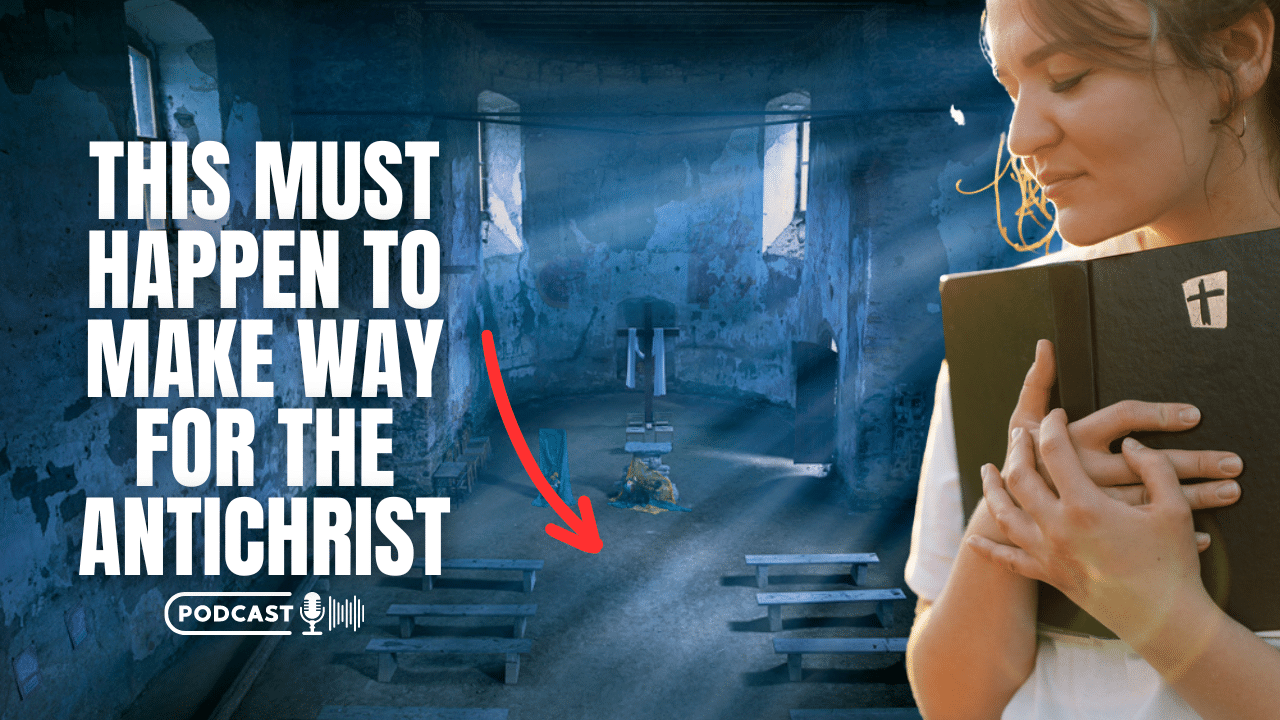(OPINION) With many people’s judgments clouded by partisan bias, troubling new research finds many Americans struggle to distinguish facts from opinions in their 24-hour news cycles.
Study authors from the University of Illinois Urbana-Champaign say this worrisome trend potentially holds grave implications for civic discourse in the United States.
On an individual level, this research suggests the average American is ill-equipped to navigate the nonstop wave of political information (and possibly misinformation) they receive daily.
“There’s a huge amount of research on misinformation. But what we found is that, even before we get to the stage of labeling something misinformation, people often have trouble discerning the difference between statements of fact and opinion,” says study co-author Jeffery J. Mondak, a professor of political science and the James M. Benson Chair in Public Issues and Civic Leadership at Illinois, in a university release.
“We also see a lot of research on misinformation that comes at the problem from the angle of, ‘How are we doing in terms of playing whack-a-mole with misinformation?
Are we able to fact check them and rebut these claims?’ Well, that isn’t necessarily a useful way of getting at the root cause of the problem,” adds Matthew Mettler, a U. of I. graduate student and co-author of the study.
The study focused on assessing whether Americans can differentiate statements of fact (2 + 2 = 4) versus statements of opinion (“Green is the most beautiful color”). The research team placed a particular emphasis on political statements.
Researchers asked study participants to categorize 12 statements regarding current events as either statements of fact or statements of opinion. Rather surprisingly, 45.7 percent of respondents did as badly as if they had flipped a coin to make a decision.
“What we’re showing here is that people have trouble distinguishing factual claims from opinion, and if we don’t have this shared sense of reality, then standard journalistic fact-checking – which is more curative than preventative – is not going to be a productive way of defanging misinformation,” Prof. Mondak explains.
“How can you have productive discourse about issues if you’re not only disagreeing on a basic set of facts, but you’re also disagreeing on the more fundamental nature of what a fact itself is?”


















